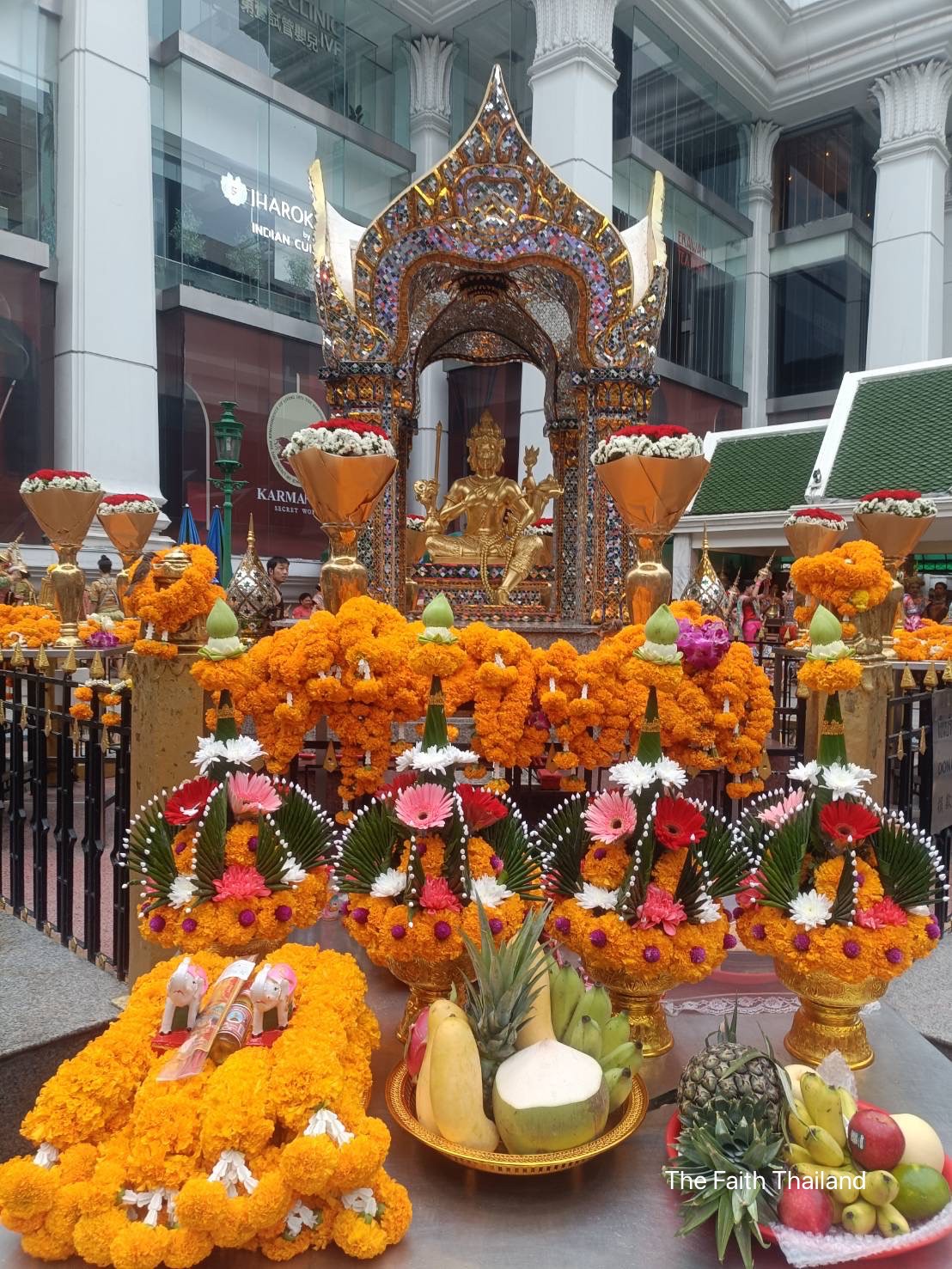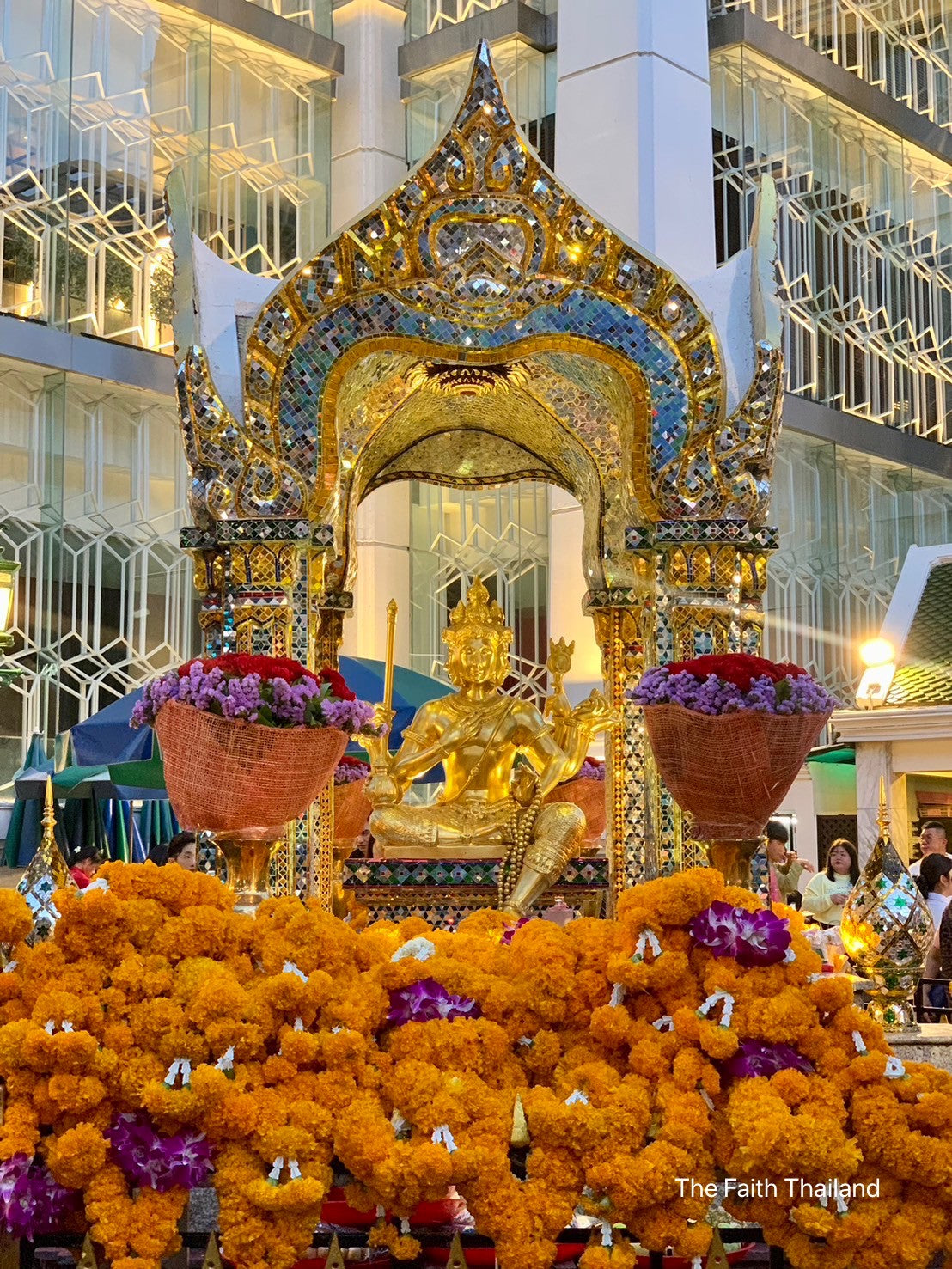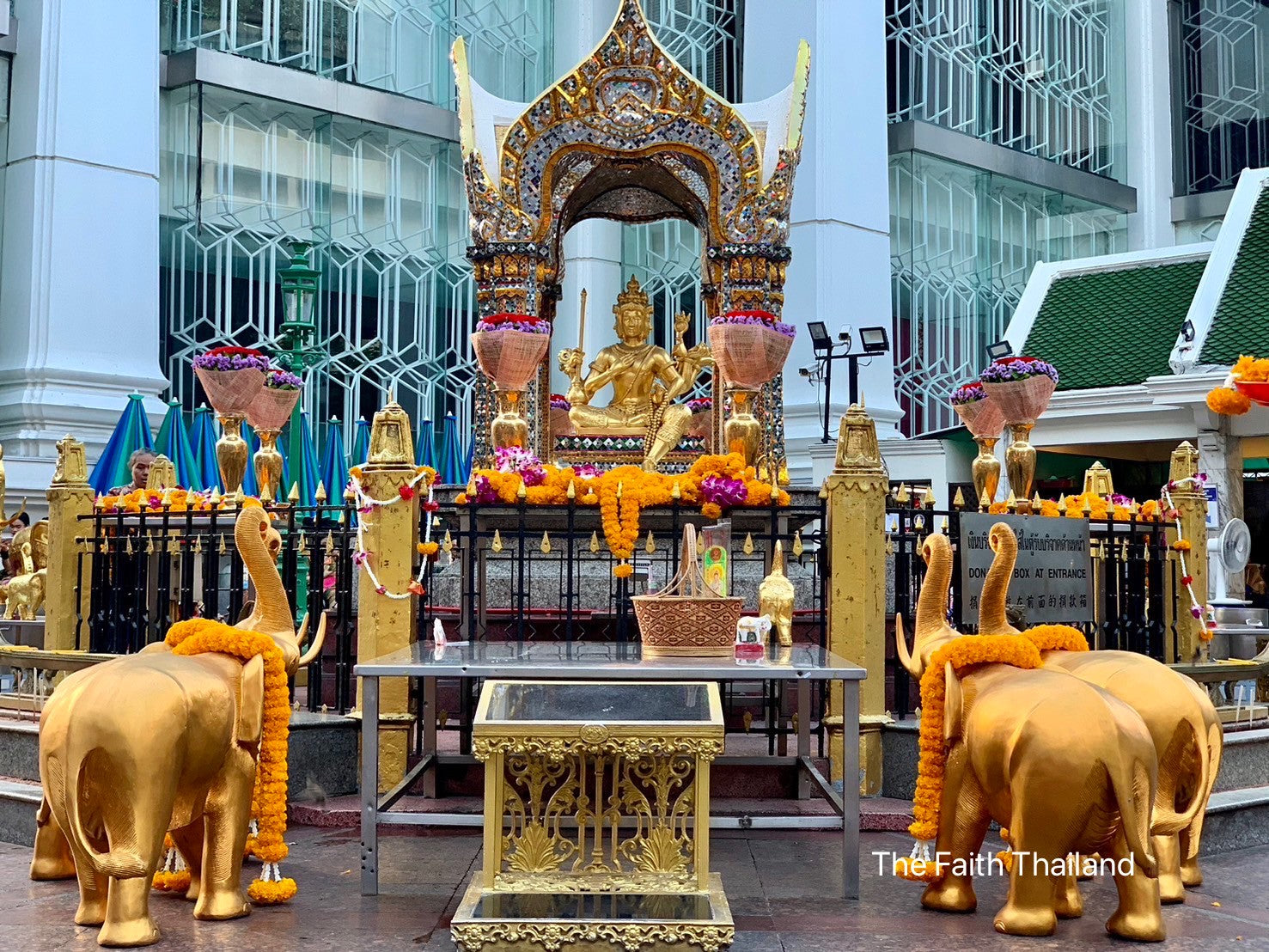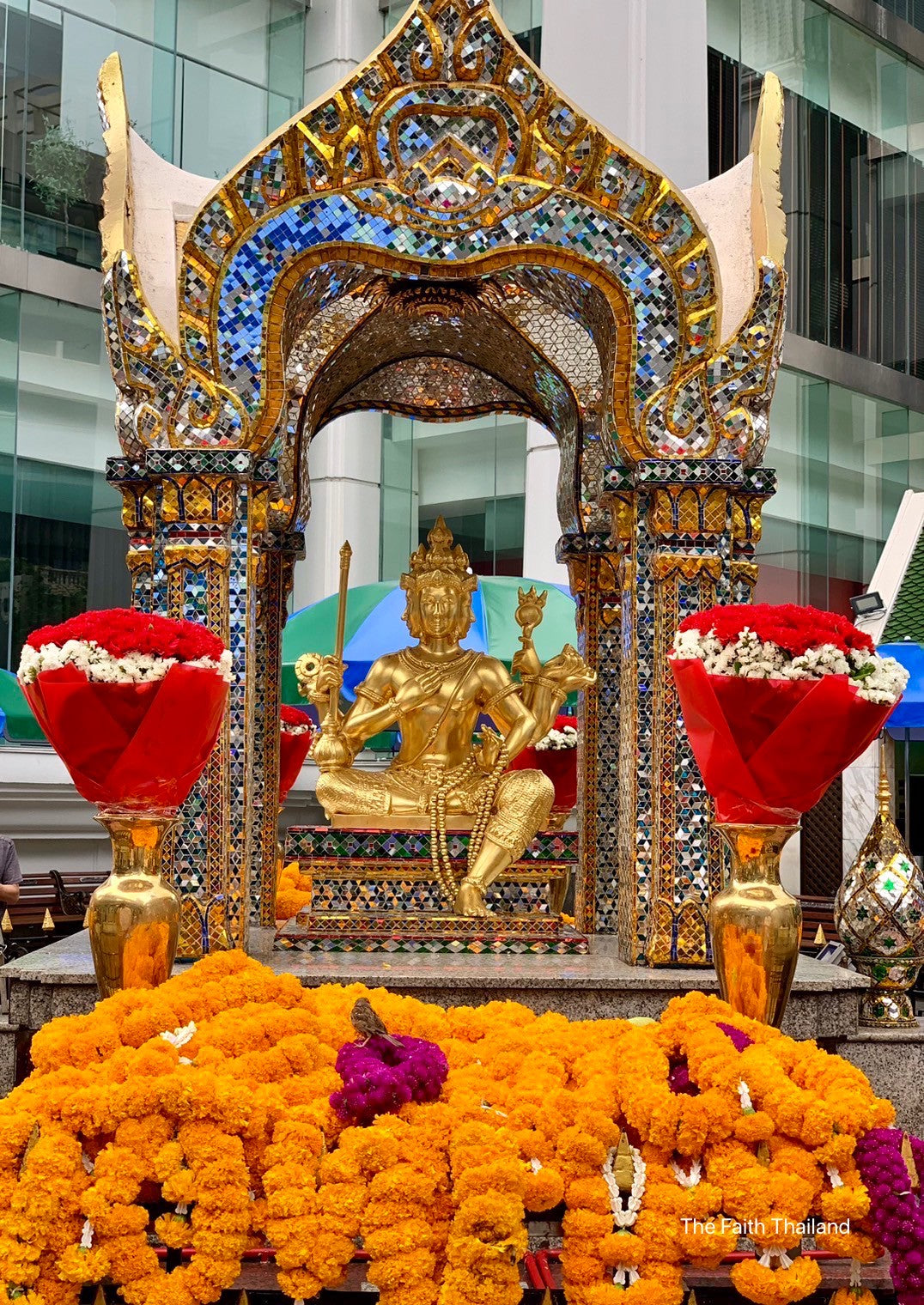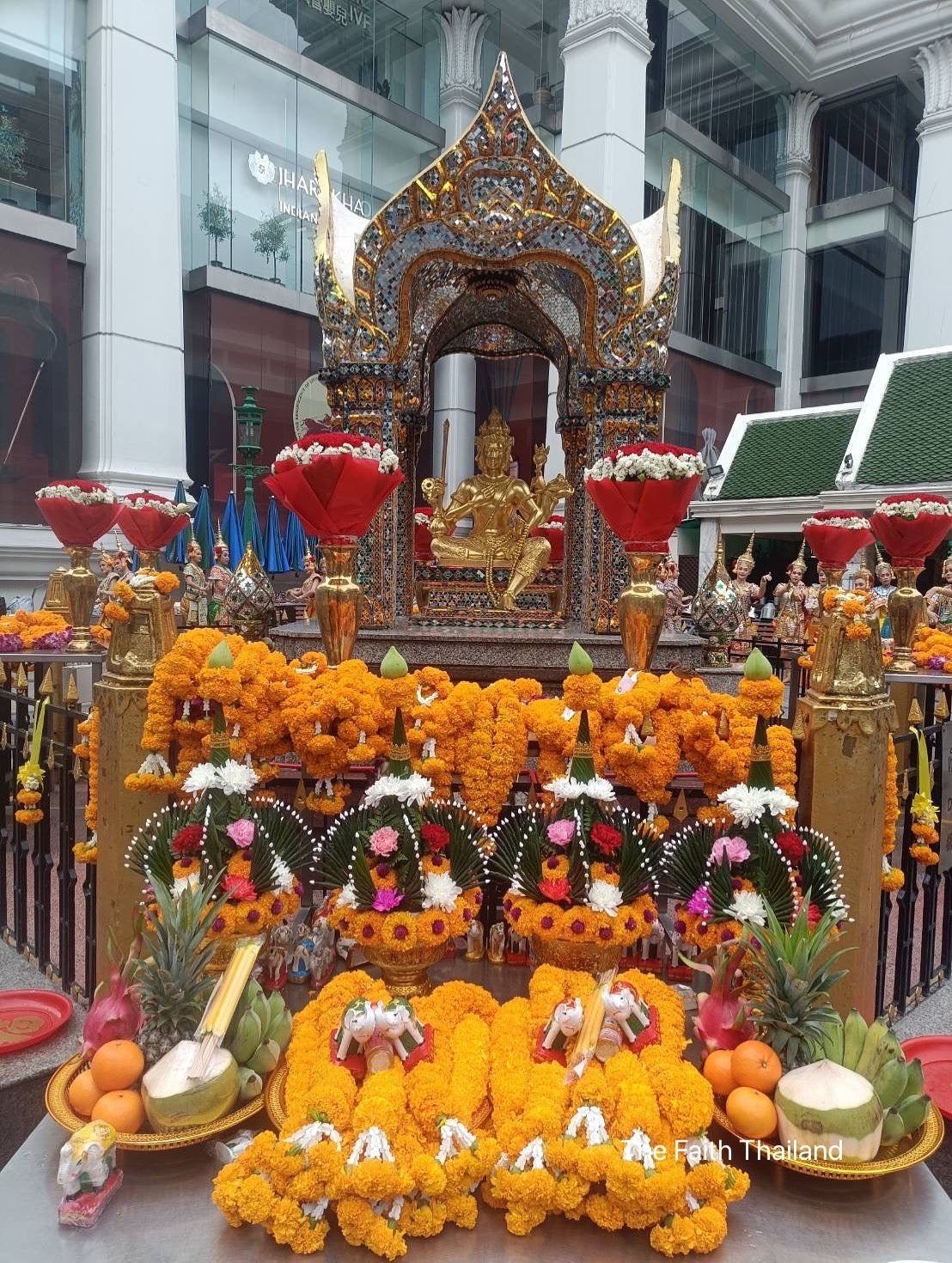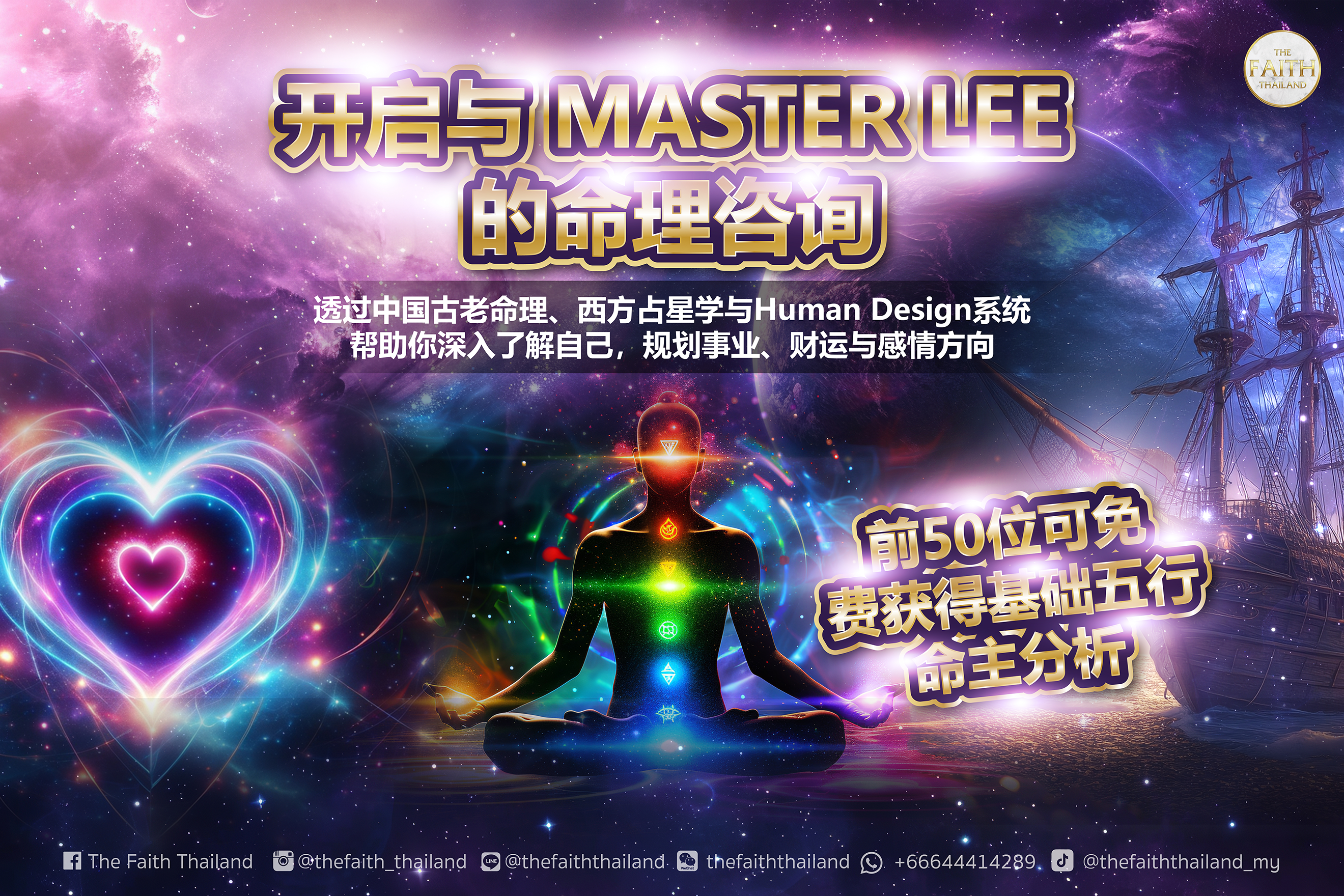Exploring Chinese Tea Culture: A Model for Sustainable Lifestyle
China has a history of tea culture that dates back thousands of years. It is not only deeply integrated into people's daily lives, but also an important part of the global cultural heritage. In recent years, sustainable living has become a global trend, and traditional Chinese tea culture, with its natural, moderate and eco-friendly concepts, coincides with modern sustainable lifestyles. In this article, we will explore how Chinese tea culture promotes environmental protection through its traditional practices and promotes changes in sustainable consumption concepts.
Natural Farming: Eco-friendly Tea Planting
One of the core elements of Chinese tea culture is respect for the natural environment. Since ancient times, tea cultivation has emphasized "adapting measures to local conditions", using natural ecological conditions to grow tea and reducing human intervention. For example, many high-mountain tea gardens use hillside terrain to reduce soil erosion, while avoiding the use of chemical fertilizers and pesticides and advocating organic cultivation. This ecological cultivation method not only ensures the high quality of tea, but also reduces the negative impact on the environment.
To learn more about respect for nature in culture, you can read our article “Thailand’s Four-Faced Buddha: Cultural Roots Behind the Paranormal Story,” which also shows how to coexist with nature through cultural practices.

Traditional crafts: resource conservation and waste utilization
The traditional craftsmanship used in the production of Chinese tea also reflects the full utilization of resources. For example, in the processing of Pu'er tea, a long period of natural fermentation is required, rather than relying on energy-intensive modern mechanical equipment. In addition, tea culture emphasizes "making the best use of everything". Discarded tea leaves can be used as plant fertilizer, and tea dregs are often regarded as cleaning tools and used to wash dishes.
Through these traditional practices, Chinese tea culture provides valuable inspiration for promoting resource-saving lifestyles around the world. Similarly, you can also read "Faith Across Cultures: My Adventures with the Four-Faced Buddha in a Foreign Country" to learn how cultural customs shape people's lifestyles.

Cultural awareness: promoting sustainable consumption
Modern sustainable consumption focuses on purchasing environmentally friendly products, and the idea of moderation conveyed by Chinese tea culture is highly respected by the public. For example, the "beauty of simplicity" tea tasting style advocates drinking less refined tea to avoid waste. This not only helps reduce resource consumption, but also encourages people to pay attention to the consumption concept of quality over quantity.
In addition, cultural exchanges using tea as a medium emphasize the harmony between man and nature. Want to learn how to integrate these cultural concepts into daily life? Please visit our product list page to select environmentally friendly cultural products.
Towards a more sustainable future
Chinese tea culture promotes sustainable living in many ways, including eco-friendly planting methods, environmentally friendly traditional crafts, and cultural awareness that promotes moderate consumption. These traditional practices are not only a reflection of the Chinese people’s respect for nature, but also provide valuable reference for other countries and cultures.
If you’re interested in more Asian cultural practices, check out our article , Incorporating the Four-Faced Buddha Blessing into Your Family’s New Year Celebrations: Tips and Advice , to explore inspiring cultural and religious customs.

Take action
Are you ready to experience Chinese tea culture and the sustainable lifestyle it advocates? Visit our product list page to explore our selection of cultural and environmentally friendly products. Join us now and the journey of sustainable living starts here!
Exploring Chinese Tea Culture: A Model for Sustainable Living
China has a tea culture history spanning thousands of years, deeply integrated into people's daily lives and becoming a significant part of global cultural heritage. In recent years, sustainable living has become a global trend, and Chinese traditional tea culture aligns with modern sustainable lifestyles with its natural, restrained, and eco-friendly philosophy. In this article, we will explore how Chinese tea culture promotes environmental protection through its traditional practices and advances the transformation of sustainable consumption concepts.
Natural Farming: Eco-Friendly Tea Planting
One of the cores of Chinese tea culture is respect for the natural environment. Since ancient times, tea planting emphasized "adapting to local conditions," using natural ecological conditions to plant tea, minimizing human intervention. For example, many high-altitude tea gardens use the terrain of slopes to plant, reducing soil erosion while avoiding chemical fertilizers and pesticides, advocating organic farming. This ecological planting method not only ensures the high quality of tea leaves but also reduces negative environmental impacts.
To further understand the culture's respect for nature, you can read our article "The Cultural Roots Behind the Eerie Stories of the Thai Four-Faced Buddha" , which similarly demonstrates how cultural practices coexist with nature.

Traditional Craftsmanship: Resource Saving and Waste Utilization
The traditional craftsmanship adopted in the production process of Chinese tea also reflects full resource utilization. For example, in the processing of Pu'er tea, long-term natural fermentation is required instead of relying on energy-intensive modern machinery. Additionally, tea culture emphasizes "making full use of things," where discarded tea leaves can be used as plant fertilizer, and tea residues are often regarded as cleaning tools, used for washing dishes, etc.
Through these traditional practices, Chinese tea culture provides valuable inspiration for globally promoting a resource-saving lifestyle. Similarly, you can also read "Faith Across Cultures: My Encounter with the Four-Faced Buddha Abroad" , to understand how cultural customs shape people's lifestyles.

Cultural Awareness: Promoting Sustainable Consumption
Modern sustainable consumption emphasizes purchasing environmentally friendly products, and the idea of restraint conveyed by Chinese tea culture is highly regarded by the public. For example, the "simplicity as beauty" tea-drinking style advocates drinking less but of higher quality, avoiding waste. This not only helps reduce resource consumption but also encourages attention to the quality over quantity consumption concept.
Moreover, cultural exchanges mediated by tea further emphasize harmony between people and nature. Want to learn how to integrate these cultural concepts into daily life? Please visit our product listing page and select environmentally friendly cultural products.
Towards a More Sustainable Future
Chinese tea culture promotes sustainable living through various aspects, including eco-friendly planting methods, the environmental protection of traditional handicrafts, and cultural awareness promoting restrained consumption. These traditional practices are not only a respect for nature by the Chinese but also provide valuable insights for other countries and cultures.
If you are interested in more Asian cultural practices, check out our article "Incorporating Four-Faced Buddha Blessings into Family New Year Celebrations: Tips and Suggestions" , and explore inspiring cultural and religious practices.

Take Action
Ready to experience Chinese tea culture and its advocated sustainable lifestyle? Visit our product listing page to explore our selected cultural and eco-friendly products. Join us now, and the journey to sustainable living starts here!



